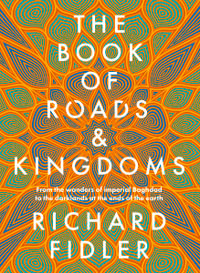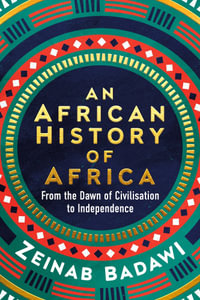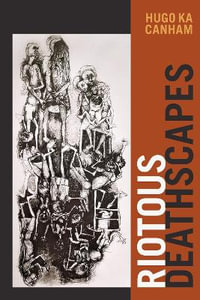Cleopatra: kohl and vipers, barges and thrones, Elizabeth Taylor and Richard Burton. We have long been schooled in the myth of the Egyptian ruler. In his new book Michel Chauveau brings us a picture of her firmly based in reality.
Cleopatra VII reigned in Egypt between 51 and 30 B.C.E. Her primary goal as a ruler was to restore over the eastern Mediterranean the supremacy of the Lagides, the dynasty of Macedonian origin of which she herself was a descendant. We know the queen best from Greek and Latin sources, though these must be used with caution because of their bias. Understandably enough, they reflect not only matters of interest to Romans, but also the propaganda that Octavian used against the queen during his struggles with Mark Antony. Chauveau combines his knowledge of Egyptian sources with judicious use of classical materials to produce an authoritative biography of Cleopatra, the woman and queen, seen in the light of the turbulent era in which she lived.
Cleopatra: kohl and vipers, barges and thrones, Elizabeth Taylor and Richard Burton. We have long been schooled in the myth of the Egyptian ruler. In his new book Michel Chauveau brings us a picture of her firmly based in reality. Cleopatra VII reigned in Egypt between 51 and 30 B.C.E. Her primary goal as a ruler was to restore over the eastern Mediterranean the supremacy of the Lagides, the dynasty of Macedonian origin of which she herself was a descendant. We know the queen best from Greek and Latin sources, though these must be used with caution because of their bias. Understandably enough, they reflect not only matters of interest to Romans, but also the propaganda that Octavian used against the queen during his struggles with Mark Antony. Chauveau combines his knowledge of Egyptian sources with judicious use of classical materials to produce an authoritative biography of Cleopatra, the woman and queen, seen in the light of the turbulent era in which she lived.
Industry Reviews
"Hoping to rescue the Egyptian queen from 'cliches that have been spread by... a complaisant literature,' not to mention by Elizabeth Taylor vehicles, Chauveau offers Cleopatra: Beyond the Myth. In this concise biography based on the few surviving Greek, Latin and Egyptian texts that mention her, Chauveau shows how the lack of sources (as well as Cleopatra's own attempts to mythologize her reign) has allowed romantic legends to flourish."-Publishers Weekly, April 1, 2002 "Students who read this brief volume will find little of the movie queen but a great deal of Roman history. Cleopatra's defeat made Octavian emperor of Rome, and he arranged for the spin on history to make his actions look good."-School Library Journal, July 2002 "Michel Chauveau ... attempts to 'exorcise the myth' and present the 'facts' of Cleopatra's life and death."-Mary Beard, London Review of Books, 20 March 2003 "Cleopatra succeeds in conveying the events of Cleopatra's life as well as the circumstances that surrounded those events... what a different portrait of Cleopatra emerges when we allow ourselves only the certainties of her life (as far as they can be established and permit ourselves to leave blanks where no evidence exists. What remains is enough, however, to tell us that for the Egyptians, as C. puts it, Cleopatra was 'the last and the greatest of their queens.'"-Prudence Jones, Rutgers University, Bryn Mawr Classical Review, May 2002 "Cleopatra: Beyond the Myth might better have been titled Stripped of Myth, for that is what Chauveau attempts in this attractive and useful little book, leading us through the thorny world negotiated by Cleopatra: a distillation of the short life of a very energetic, ambitious, and-staying with fact-seductive woman, who bore children by both Caesar and Antony, and who, in a certain sense, conjured her own empire out of nothing. The empire proved ephemeral, but Cleopatra lives on in myth, and here, in the surviving facts."-John Mosher, History: Reviews of New Books "This small book is a good read by a good scholar, and the translation reads so well that one frequently forgets the text was originally French. There is plenty here for the nonspecialist in Graeco-Roman Egypt."-Antiquity 76 (2002)
























